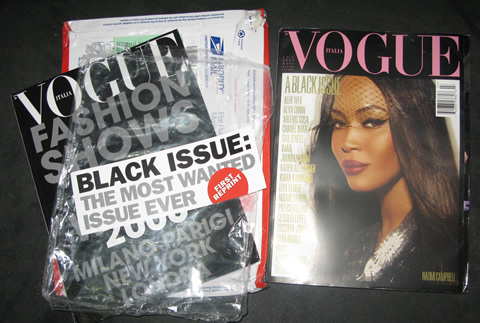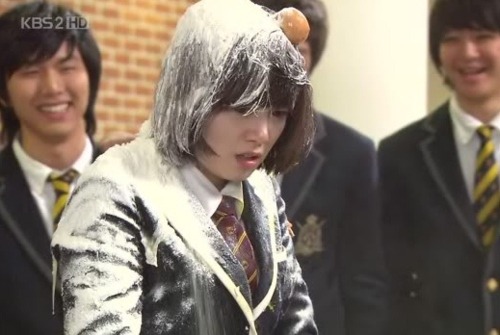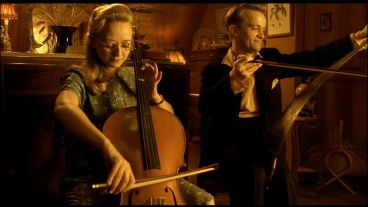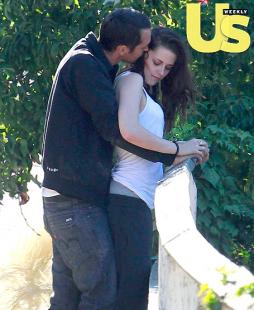On the 28th of August 1996, Prince Charles and Princess Diana's divorce was finalized. The messy affair had come to an end, but not without any consequences. The Princess was stripped of her title as "Her Royal Highness" and would forever remain as "Diana, Princess of Wales". But the biggest impact concerned her two young sons, William, 13, and Harry, 11.
My story isn't about an original character, but it is still about a real-life event. Basically, it is a rewriting of the royal divorce within a fairy tale setting, and seen through the eyes of a young Prince William. During the divorce, Prince William tried to comfort his mother by saying, "Don't worry, Mummy. I will give it back to you one day when I am King." I hope it's not too confusing.
*~*~*~*
A long time ago, there existed a
beautiful kingdom under the rule of a beautiful Queen. Her subjects adored her
compassion for the young and old, the rich and poor, and the wanted and ousted.
Her soldiers obeyed her every command for she was skilled in warfare, and
courageous in battle. But above all, she shone the brightest in her children’s
eyes.
The kingdom prospered
under their beloved Queen, but one day, this happiness came to an end. It all
began when the Queen decided to leave.
I hope for your health
And also your
safety
I hope to be
here forever
So you’ll never be
lonely
A sense of discomfort cloaked the
kingdom on that day of misfortune. All the windows were shut for some of the
people were mourning. White roses, the Queen’s favourite, were placed on each
doorstep. A slight breeze swept away a single petal, whisking it through the
avenue of the darkened figures, before floating into the carriage of William
Louis and his younger brother, Henry.
“Are you sure there’s nothing we can do
to change her mind?”
“I don’t know. I’ve tried everything.”
“Are you sure?”
“Henry, stop! She said we’ll see her
again.”
“She didn’t say when.”
William sat silently, knowing that
nothing he said could appease his brother. Even he wasn’t certain if his words were convincing enough. He tried his
best to maintain a façade, but secretly he was scared. If he couldn’t make his
own mother stay, how could he make an entire kingdom pledge their undying loyalty
to an inexperienced King?
And so, the carriage drew the silent siblings
to the palace. Two ceremonies would be taking place, a coronation for
Alexander, and a farewell for his mother.
She was there, waiting for them, waiting
to leave the people who loved her most.
I hope for your
forgiveness
For the hurt I
have caused
I hope for God
to help you
Whenever you are
lost
It was not a good day for the coachman.
He was having trouble navigating the carriage along the busy roads. It didn’t
help either that the cannons would boom four at a time every half an hour,
frightening Snowy and Dusty into a neighing frenzy. It was strange, really,
seeing this hubbub.
Never in his forty-five years of
livelihood, had he seen such a contradicting occasion. People clad in mourning
garb were weeping while some others were smiling; the ones in their colourful
costumes weren’t any different, either. If you were looking down from a
balcony, you would see a clashing mix of black, pink, orange, yellow, green,
and grey bobbing together in the same direction.
As the carriage arrived in front of the
entrance, the coachman took another look at the people behind the palace gates.
He spotted an excited couple, trying their hardest to not get swallowed by the
crowd. The man was wearing a golden carnival mask while holding tightly onto a
woman covered by a black veil.
“The country’s gone mad,” whispered the
coachman to himself.
I hope for the
best
On this journey
you’re in
I hope you will
catch
That elusive
dream
“Excuse me, Your Highnesses,” said
the footman, “I bear a message from Her Majesty.”
“What is it, Leon?”
“Her Majesty would like to see you
in her chambers, Your Highness.”
“Did she say why?”
“I’m afraid not.”
Henry was anxiously tugging his
hand.
“Come on, Wills! Let’s not keep
mother waiting.”
Leon was startled. He knew he just
made a mistake.
“I-I’m sorry, Prince Henry, my
apologies. Her Majesty only requested Prince William’s presence.”
“Oh… Well, that’s all right,” Henry
turned to his brother, their hands no longer linked. “Say hi for me, will you?”
he asked, forcing a small smile.
I hope I won’t
miss you
But we know
that’s not true
I hope you’ll be
happy
Oh dear, how I
love you
William stared at the sofa across from
him. There sat the Queen with a teacup in hand, the perfect picture of aging
elegance.
“Why didn’t you let Henry join us?”
“I don’t think I could bear it if I
saw him.”
“When will you return?”
“Wrong question, my dear.”
The tears threatened to fall. He
couldn’t cry. Not now, not in front of his mother.
“When
will we meet?”
“Soon, but not too soon, I hope.” Discreetly,
she wiped her palms on the cushion.
“My dear, may I ask of a favour?”
“Yes?”
”Please, don’t forget me.”
For the first time, he saw his mother
unmasked. She was uncertain of what was waiting for her at the end. She was lost. She was like him.
“I won’t, I promise.”
The Queen beamed back her signature
smile. William realized it would be quite a while until he could see it again.
“Don’t worry, mother. When I am King, I’ll
make sure you’ll get back everything they took away from you.”
“Oh William, thank you but that’s not
necessary. I desire nothing else as long as you and Henry are still here.”
He wished to say more, anything to lessen her
pain, but unfortunately, he was interrupted by a door knock.
“It’s time, Your Majesty, Your
Highness,” Leon said, a solemn expression etched on his face.
“Tell Henry I love him.”
And
with a peck on his cheek, she disappeared from his sight.











